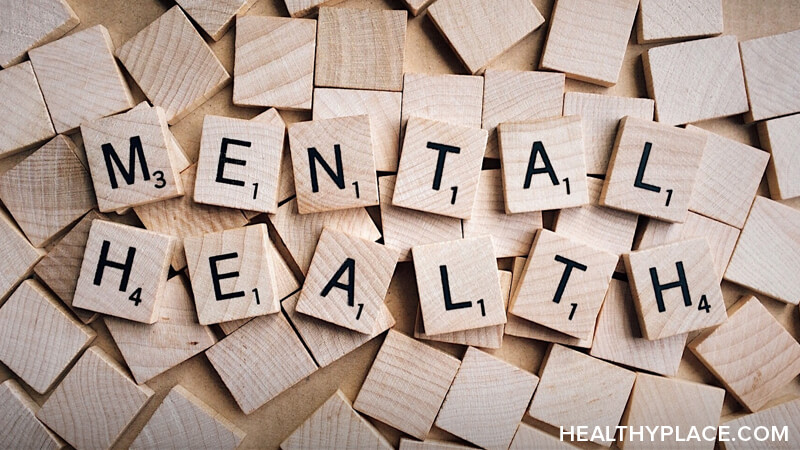Mental Health Issues in Extroverts, Introverts, and Ambiverts

There are many stereotypes and assumptions about introverted and extroverted people. For instance, extroverts are stereotyped as social butterflies. Introverts, on the other hand, are stereotyped as hermits. However, the stereotypes and assumptions for introverts and extroverts are not true for everyone. These stereotypes and assumptions can also be harmful for mental health. Mental health issues affect introverts and extroverts in different ways. Continue reading this post to learn more.
Not Everything Is the Way It Seems
On the outside, an extrovert might seem friendly and happy. But no one truly knows the mind of an extrovert. Is the person's confidence genuine? Does the extrovert secretly want to end a conversation? Perhaps there is more than meets the eye.
On the outside, an introvert might look like a sad or unfriendly person. But did the person just have a bad day? Is there a lot on this person's mind?
For all you know, someone who shows introverted or extroverted traits might not naturally be that way. Not everything is the way it seems, which leads me to my next type of personality: Ambiversion.
Ambiversion: Both Extroversion and Introversion
There are many people who show introverted and extroverted personalities. They enjoy crowded social events and quiet nights inside. These people are considered ambiverts.
Introverts and extroverts are black and white (polar opposites). Many people only see others in black and white. Therefore, ambiverts are sometimes mistaken for extroverts or introverts (depending on their mood and social situation).
My Personal Experience with Ambiversion
I am an ambivert. So I understand the confusion regarding this personality type. Before the quarantine started, I enjoyed others' company. It was nice seeing a lot of friends in person. But I (like many people) became really depressed in quarantine. It was almost as though quarantine brought out many people's introverted sides. I cannot imagine how difficult it must have been for people who considered themselves extreme extroverts.
Personality Stereotypes and Mental Health
Some people take the terms "introverts," "extroverts," and "ambiverts" so seriously that they misjudge changes in behavior. For instance, if an extrovert starts to isolate from friends and family members, he or she might be considered rude. There is so much pressure put on extroverts to be happy and pleasant all the time. This is why many of them try to hide their mental health symptoms.
Since introverts already isolate themselves, this tendency is considered normal. They might show other symptoms of mental health issues. Some symptoms could include changes in sleep patterns, weight, appetite, and mood.
Since ambiverts show a combination of introversion and extroversion, it is not uncommon for them to isolate. However, loved ones might notice that something is wrong when they isolate all the time. Therefore, it is easier to notice mood disorder symptoms. However, like extroverts, some ambiverts try to brush off negative thoughts by showing extroversion again.
It is important to be careful with stereotypes and assumptions about introversion, extroversion, and ambiversion. Remember that all three personality types are valuable. Mental health issues can affect all of them in different ways.
APA Reference
Lueck, M.
(2020, August 5). Mental Health Issues in Extroverts, Introverts, and Ambiverts, HealthyPlace. Retrieved
on 2026, February 25 from https://www.healthyplace.com/blogs/toughtimes/2020/8/mental-health-issues-in-extroverts-introverts-and-ambiverts